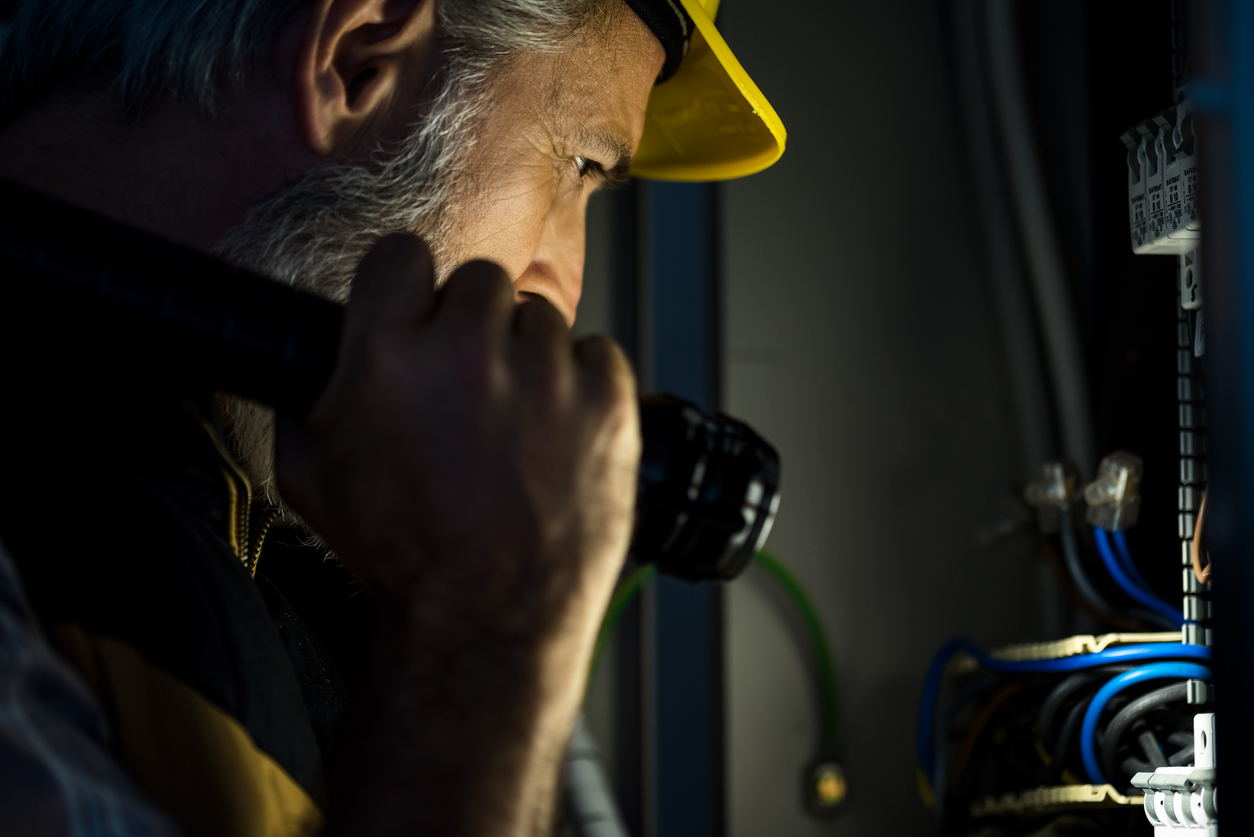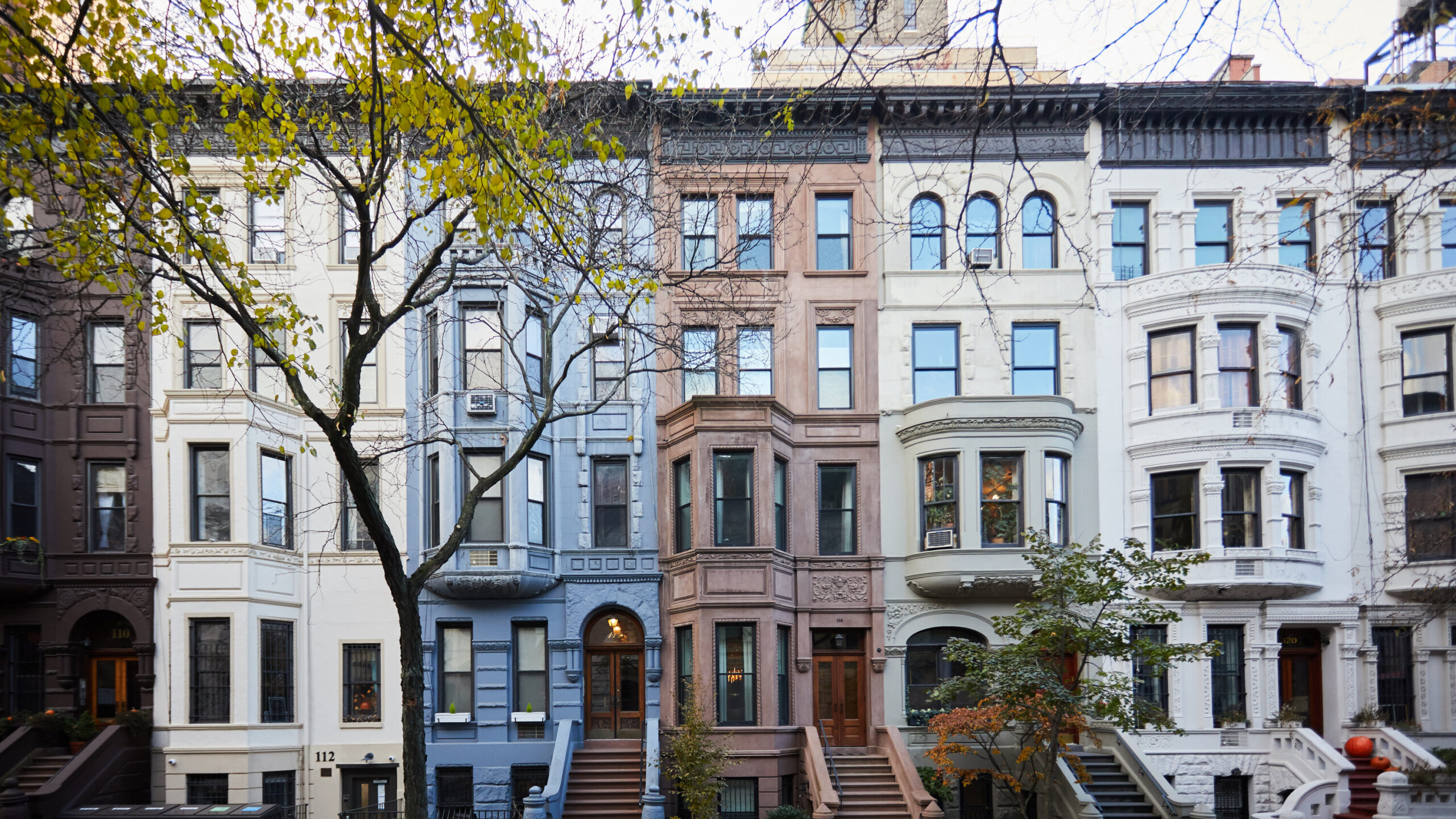New Jersey (NJ) is known for having some of the highest property taxes in the United States. According to a report by WalletHub, NJ has the highest property taxes in the country. NJ residents pay an average of $8,767 per year in property taxes. This can be a significant burden for homeowners, especially those on fixed incomes. In this article, we will explore the pros and cons of living in high NJ property tax.
Table of Contents
High-quality public schools

One of the advantages of living in high NJ property tax is access to high-quality public schools. The state has some of the best schools in the country, thanks in part to the high property tax revenue that funds them. According to Niche, a website that ranks schools and neighborhoods, NJ has some of the top-ranked public schools in the country.
Excellent public services

High NJ property taxes also fund excellent public services such as police and fire departments, libraries, and parks. These services are essential for maintaining a high quality of life, and NJ residents can be assured that they are getting their money’s worth.
Property values
Although high NJ property taxes may seem like a burden, they can actually be a sign of a healthy real estate market. In areas with high property taxes, home values tend to be higher than in areas with low property taxes. This is because the revenue generated by property taxes is often used to fund public services and schools, which can make an area more attractive to homebuyers.
Lower income taxes
High NJ property taxes can also result in lower income taxes. The revenue generated by property taxes can be used to fund state programs and services, reducing the need for income taxes.
Financial burden

The most obvious disadvantage of high NJ property taxes is the financial burden they can place on homeowners. Property taxes can be a significant expense, especially for those on fixed incomes. This can make it difficult for some homeowners to afford their homes, and may even force them to sell or move to a less expensive area.
Disproportionate burden on low-income homeowners
High NJ property taxes can also place a disproportionate burden on low-income homeowners. Because property taxes are based on the value of a home, homeowners with lower-value homes may end up paying a higher percentage of their income in property taxes than homeowners with higher-value homes.
Limited control over property taxes
Another disadvantage of high NJ property taxes is that homeowners have limited control over them. Property taxes are determined by local governments, and homeowners may feel like they have little say in how their tax dollars are being spent.
Discourages new businesses
High NJ property taxes can also discourage new businesses from setting up shop in the state. Businesses are often attracted to areas with low taxes, and high property taxes can make NJ less attractive to businesses looking to relocate.
Conclusion
Living in high NJ property tax has both advantages and disadvantages. While high property taxes can fund high-quality public services and schools, they can also be a significant financial burden, especially for low-income homeowners. Homeowners have limited control over property taxes, which can be frustrating for some. Ultimately, whether or not high NJ property taxes are worth it depends on individual circumstances and priorities.learn about Ready to start saving on your Alameda County property tax bill? Follow these expert tips today and see the difference it makes



